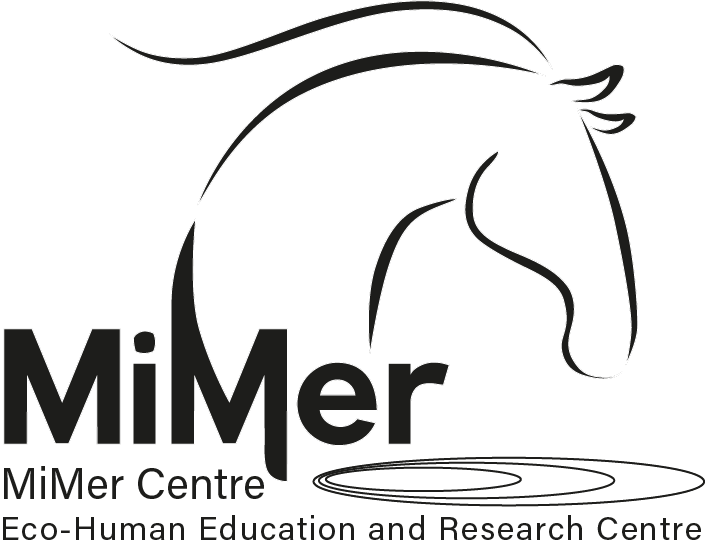I am still pondering this how I “see” horses… and how I teach about that “seeing”, how I facilitate courses inviting to different ways of “seeing”.
Have you seen the Netflix film “My Octopus Teacher”? It is a story of a man who for one year dives down to meet the same octopus every day – and what he learns from observing her, interacting with her, being in her environment – and so on. I think it is a remarkable film. It got critiqued, from a researcher for not being more “scientific”, for mixing human emotions and growth with more pure “behavioral studies”. Still, he consulted with 3 octopus scientists while doing the film. The science is there, but the way he presents it makes it more accessible to people. And it brings about questions as animal welfare, animal capabilities when it comes to emotions, playfulness, bonding etc. See it if you have no done so.
As I find my own ways of doing things, that includes the whole of me and all that I know, in all the ways I know them – I find myself wanting to pursue putting together more of a whole plate. I don’t want to keep to “just science”, neither do I want to not include it… I think by marrying a lot of different perspectives and ways of seeing, we deepen and broaden pictures.





